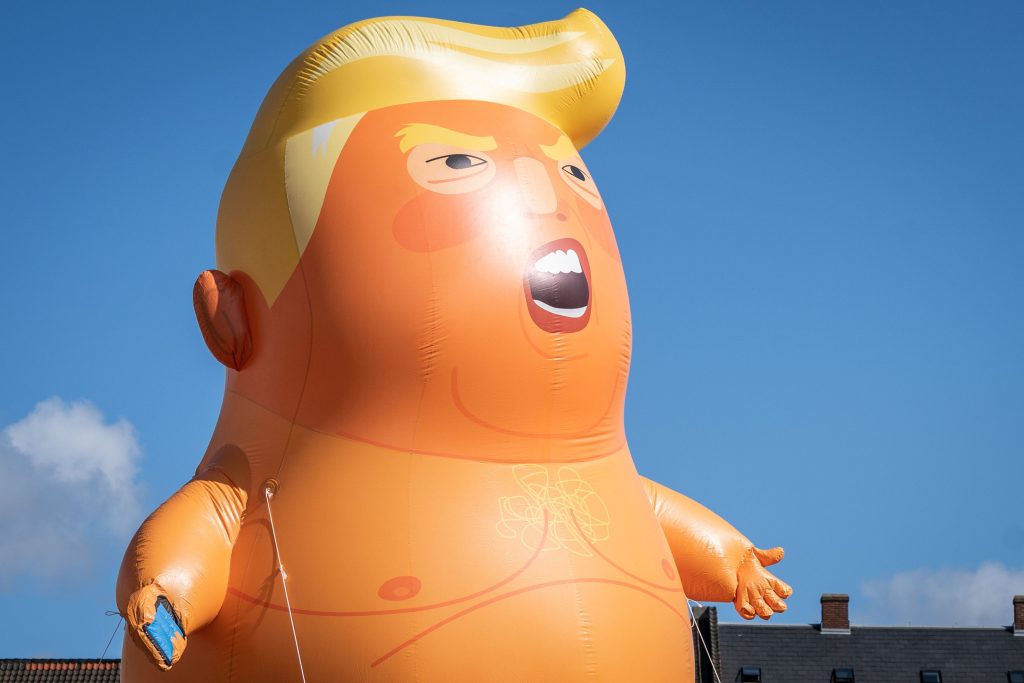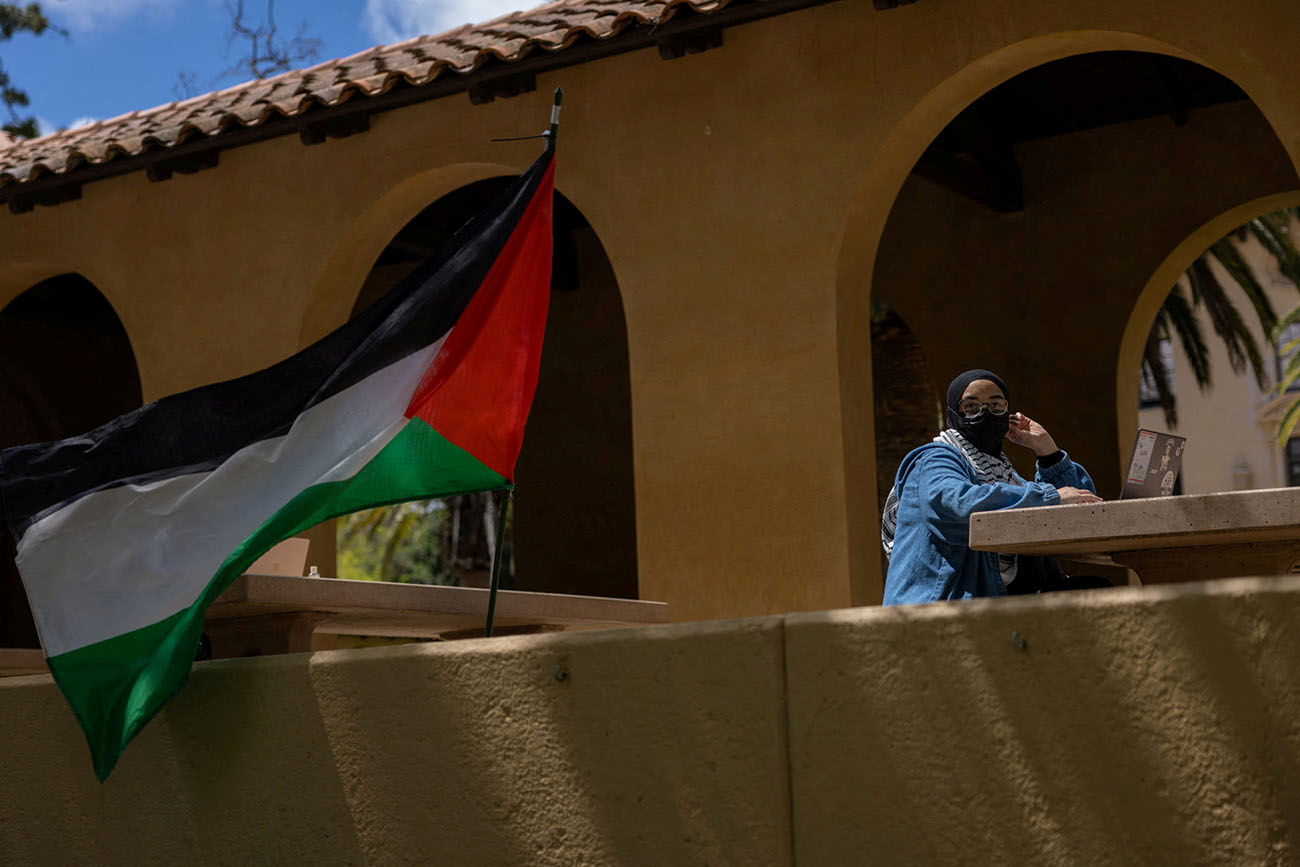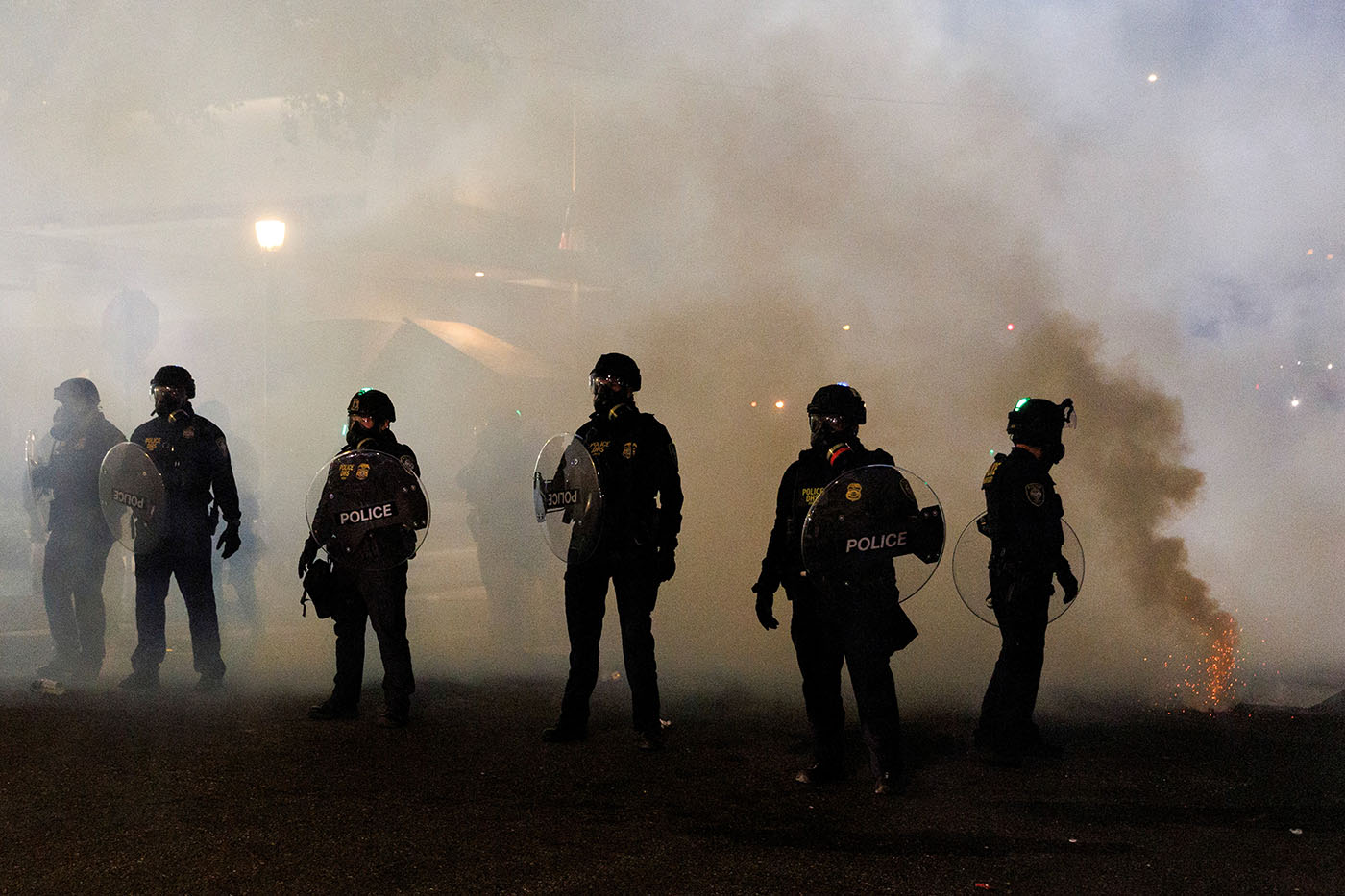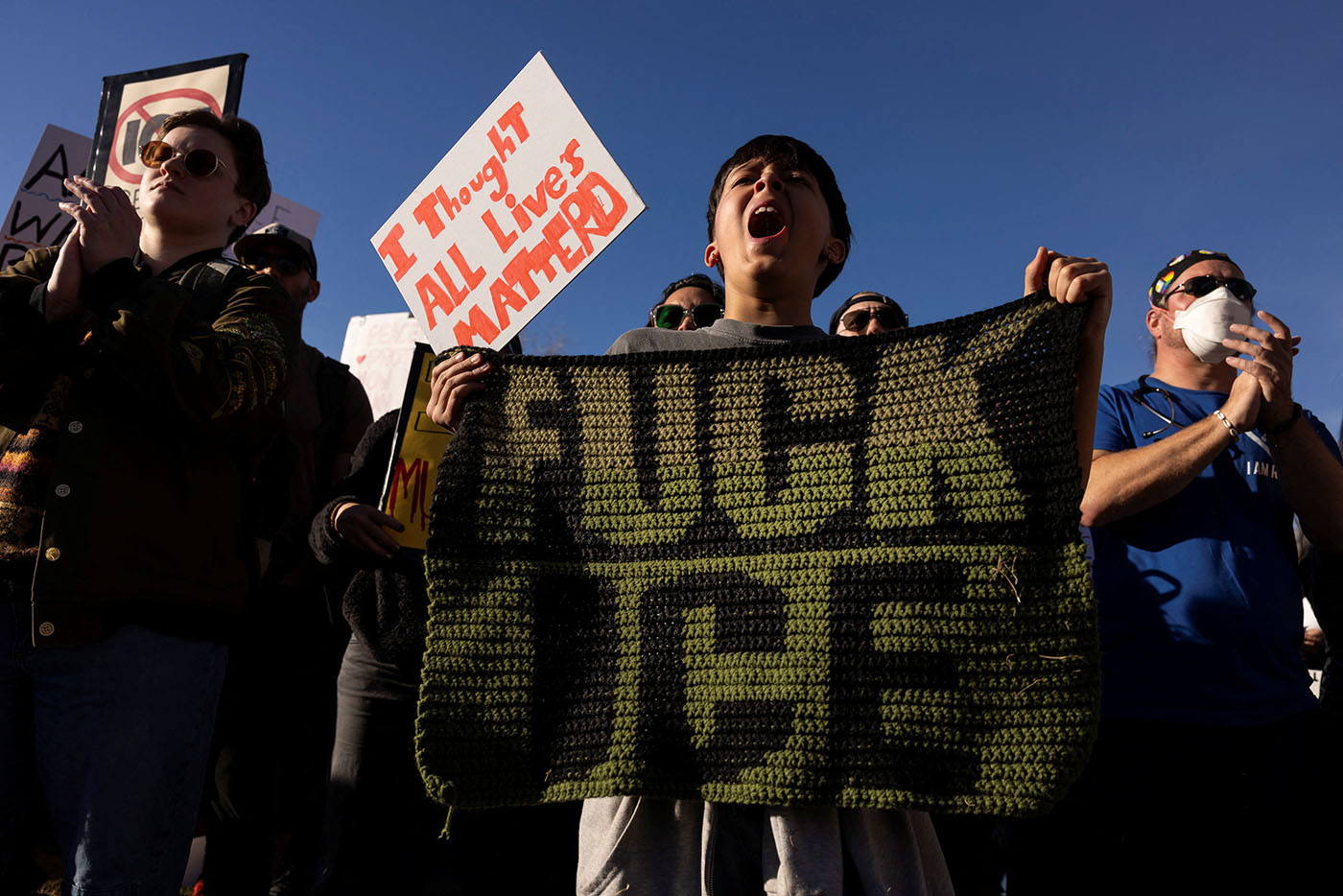On Tuesday November 5th, Carter-William Palek, a second year law student at the University of Alabama (UA), received an email from the university’s student government alerting them to heightened security for a football match that weekend. As Palek read through it, something about the last sentence struck him as odd.
“Additional security will also be in the student section during the game. Any organizations that engages in disruptive behavior during the game will be removed from block seating instantly for the remainder of the season,” the email from Vice President of Student Affairs Jason D. Rothfarb wrote.
Though the email didn’t mention it, the Associated Press had reported the day before that President Donald Trump was planning on attending the college football game. The match, between the first and second-ranked teams in the league, was likely going to draw large crowds.
The last two of Trump’s visits had been met with dissent. During his visit to Game 5 of the World Series on October 27th, the crowd booed him and chanted “Lock him up!” when Trump’s image appeared on the stadium’s screens. Six days later, Trump was greeted with a mix of boos and cheers at an Ultimate Fighting Championship in Madison Square Garden.
In this context, it was hard for Palek not to think that “disruptive behavior” could include political expression that’s protected by the First Amendment.
“I couldn’t tell whether the email meant boo-ing and jeering,” Palek told First Amendment Watch.
At 10:59 pm, Palek posted a screenshot of the email on Twitter, writing “Strange that in all the games in which drunken bacchanalia has been tolerated, if not celebrated and encouraged, I’ve never once been warned to not be ‘disruptive.’”
In a second tweet, he added, “Is screaming “F••• Auburn” not disruptive? Is Booing the other team not disruptive? Is specifically screaming as loud as possible not disruptive? Or is the only disruptive when students express their displeasure with the President of the United States? @Uasga”
The tweet was quickly picked up by AL.com, a local newsite, which ran the story the following day with the headline, “Ahead of Trump visit, UA SGA warns students: No disruptive behavior.” The SEO headline (a separate headline used to increase viewer engagement) read “The Alabama SGA warns groups: Protest Trump during the LSU game and risk losing your reserved seating.”
By the time SGA had issued a follow-up statement on Twitter, the story had reached national news outlets.
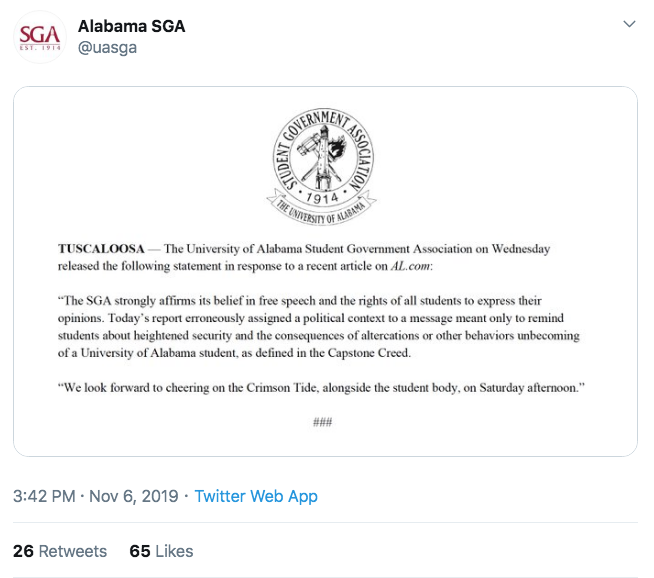
In an email to First Amendment Watch, VP of Student Affairs Rothfarb assured that students “would not be removed for expressing their views toward the President” nor would they “be punished for speech or symbolic speech.”
Despite the email’s original intention, the combination of its vague language and the underlying context of Trump’s visit led many students who first received the email to interpret it as a threat to free speech.
Sarah Hughes, a third year law student and graduate of UA’s undergraduate school, told First Amendment Watch that she thought it was reasonable to assume the email was connected to Trump’s visit.
“The issue wasn’t that the SGA email said ‘Protest Trump and you’ll be kicked out,’ the issue was that the timing was suspect, and seemed intended to have a chilling effect on students who may have been planning on booing or protesting,” she said.
After hearing that the student government would not be disciplining students engaged in protest, a GoFundMe began to bring the Trump Baby Blimp to the stadium. So far, the campaign has raised $7,882, more than $3,000 over their original target.
Tags
